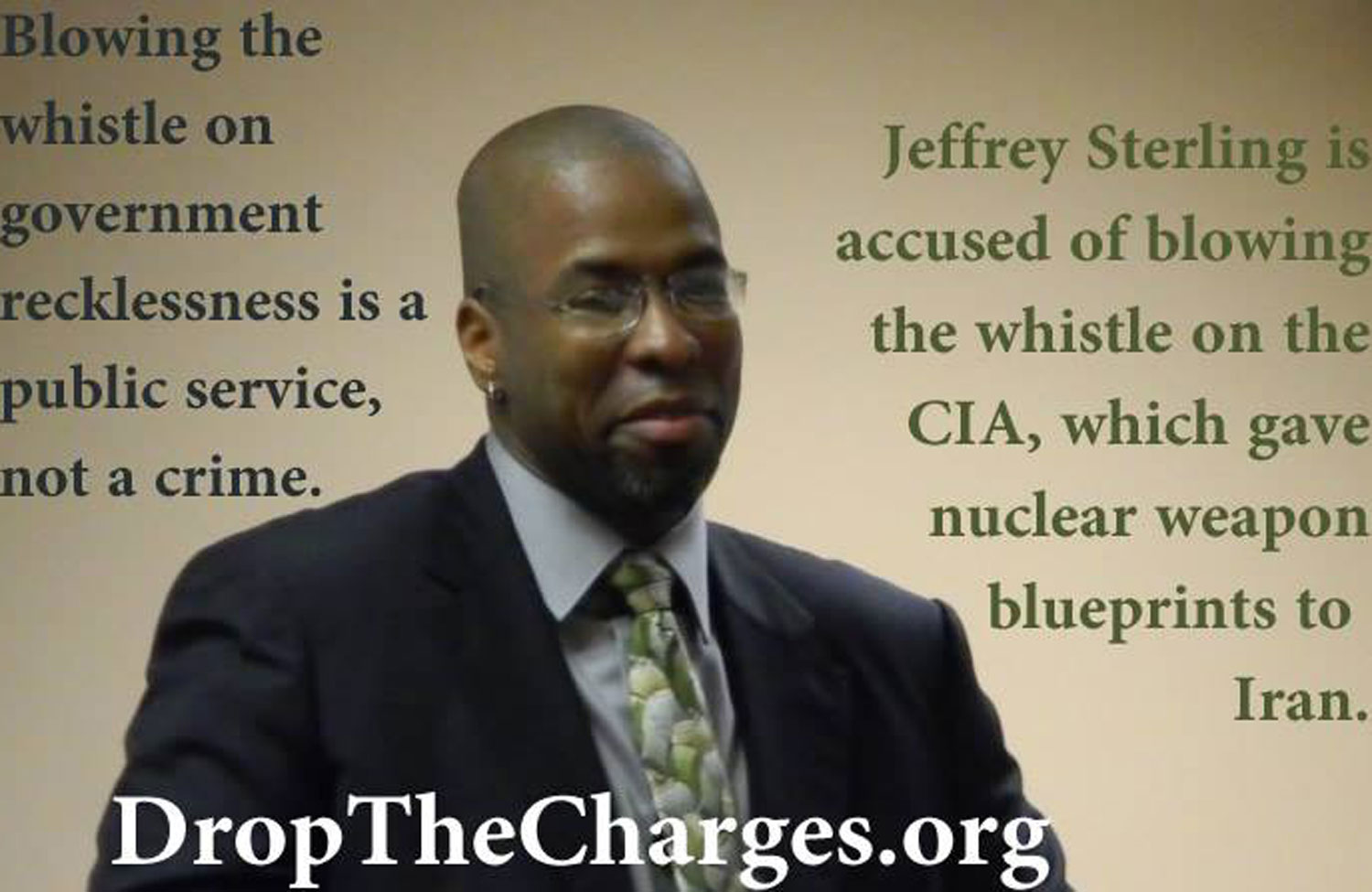
Blowing the Whistle on Government Recklessness Is Not a Crime Blowing the Whistle on Government Recklessness Is Not a Crime
Support Jeffrey Sterling and help resist the Obama administration’s attacks on whistleblowers.
Jan 7, 2015 / Take Action / NationAction
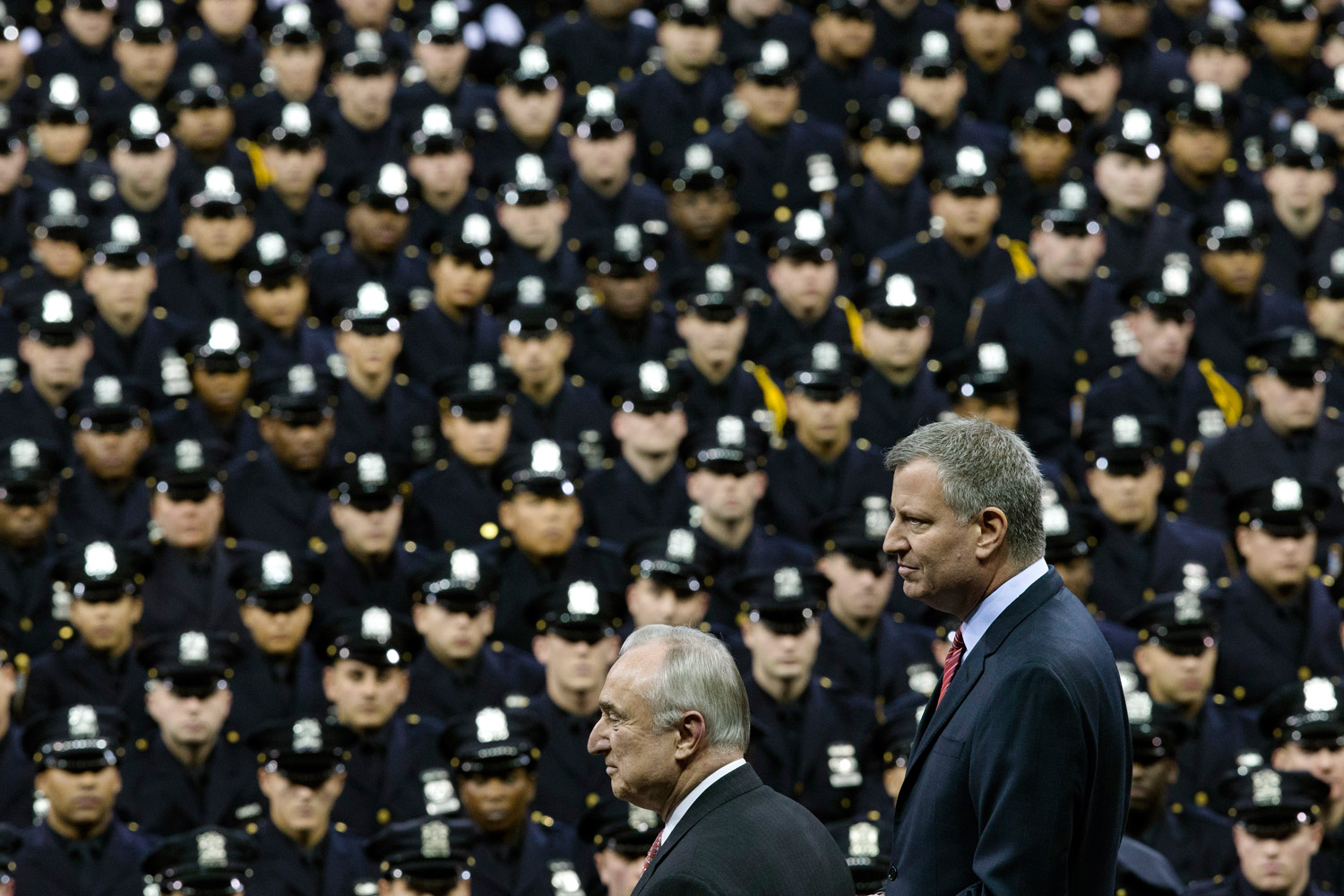
The NYPD’s Long War The NYPD’s Long War
The leaflet was meant to highlight the police department’s anger with the mayor of New York. It encouraged officers to fill in their names on a document that read: “I, …, a New York City police officer, want all of my family and brother officers who read this to know in the event of my death” that the mayor and police commissioner should “be denied attendance of any memorial service in my honor as their attendance would only bring disgrace to my memory.” That’s how deep the divisions ran. Yes, “ran.” The leaflet was distributed in 1997. The mayor in question was Rudolph Giuliani, and his critics were rank-and-file members of the powerful Patrolmen’s Benevolent Association (PBA). Though the union did not officially sanction that jab at that mayor, its circulation among officers “demonstrates the depths of their discontent,” reported a New York Times article on a contract dispute in which Giuliani was taking a hard line against pay increases. Today, NYPD officers can download a similar document from the PBA’s website and sign it as part of the protests against Mayor Bill de Blasio. The mayor angered PBA president Patrick Lynch and many union members by recognizing the tensions between minority communities and the NYPD—including outright fear of the police—after a grand jury decided not to indict an officer who was videotaped placing a choke hold on Eric Garner immediately before the Staten Island man’s death. That anger has drawn national attention recently, as officers turned their backs on the mayor as he delivered eulogies at the funeral services for Officers Rafael Ramos and Wenjian Liu, who were shot and killed in their squad car on December 20. In a more extended show of pique, officers have also engaged in a citywide work slowdown, widely believed to have been inspired (if not coordinated)by the PBA and other key police unions. As raw as the tensions are in the city now, it is vital to recall that New York mayors have regularly clashed with the police union and its leadership. These clashes have been bitter and have often lasted for years, as a powerful and politically savvy union has regularly positioned itself to exploit both sympathy for cops and fears regarding crime. Even the tactics are consistent: officers upset with Mayor Robert Wagner Jr. and his police commissioner engaged in a slowdown in 1960, and the commissioner spoke publicly of fears that the police would stage a sick-in to disrupt presidential voting in the city that same year. Some mayors have taken harder hits than others: David Dinkins, who incurred the wrath of the PBA when he established the framework for the current incarnation of the city’s Civilian Complaint Review Board, was narrowly defeated for re-election in 1993. Today, there are plenty of attempts to compare him to de Blasio (a former Dinkins aide). Yet Dinkins is the exception, not the rule. Most New York mayors who have clashed with the PBA and its members have survived, even thrived, politically. In the 1930s, Fiorello La Guardia had repeated run-ins with the NYPD over its brutal treatment of union organizers and left-wing protesters. Things got so intense that La Guardia’s police commissioner resigned amid complaints about the “numerous encouragements which [the mayor] gave to public disorder.” Even so, La Guardia was easily re-elected in 1937 and again in 1941. The same held true for Wagner: after the slowdowns in his second term, the PBA hailed Attorney General Louis Lefkowitz, the mayor’s Republican challenger, but Wagner was re-elected in 1961 with a 400,000-vote margin. So it has gone across most of the city’s modern history. Rank-and-file police officers have protested, and their union has stirred up fury, but the voters have tended to side with the mayor, not the cops. This hasn’t been out of disrespect for law enforcement so much as an understanding that oversight is needed to check and balance the power of a massive police department, and that strong mayors can and should provide such oversight. This is the most important lesson for Mayor de Blasio to take away in the current conflict with the PBA, which comes amid broader wrangling over contracts, pensions and departmental reforms. De Blasio needs to recognize that history is on his side, and that if he stands up to the PBA with the same resolve as past mayors, he can achieve reforms and win elections. Yes, he can note the cautionary (and complex) tale of Dinkins’s defeat, but he would be far wiser to recall the redemptive tales of hard-won victories, like those of John Lindsay. Elected in 1965 on a promise to reform the NYPD, Lindsay appointed former federal judge Lawrence Walsh to head a Law Enforcement Task Force charged with reviewing police operations, named a reform-minded police commissioner, and worked closely with the NYPD’s new chief inspector, Sanford Garelik, who talked of “humanizing the department.” Lindsay clashed continually with the PBA—so much so that the union’s spokesman, Norman Frank, prepared to challenge the mayor’s 1969 re-election bid. Frank stepped aside when prominent “law-and-order” candidates entered the race. One such candidate beat Lindsay in the GOP primary, while another won the Democratic nod against more liberal rivals. It seemed for a moment that Lindsay was doomed, yet he and his supporters regrouped, mounting a fall campaign on the Liberal Party line. By uniting reformers across the political spectrum and garnering strong support from minority communities, Lindsay easily beat his Democratic and Republican opponents that November. Among his campaign themes was a reminder that his emphasis on improving police/community relations had kept New York relatively calm even as other cities exploded in riots. Years later, in an essay on Lindsay’s mayoralty, Charles R. Morris observed that, while Lindsay’s reforms were “hard for cops to swallow,” the fact remained that “on any fair judgment, the strategy mostly worked.” Morris continued: “For a brief period Lindsay was ‘America’s Mayor,’ and other mayors began consciously to pattern their policies after his.” Please support our journalism. Get a digital subscription for just $9.50! New York is different from the city it was in the late ’60s and even the ’90s. And de Blasio is different in many ways from his predecessors. Yet there is good reason to believe that this mayor can learn the lessons of the past and apply them to the future. The past tells us that it is possible for a strong mayor to survive clashes with a strong police union. New York likes strong mayors, especially when they take on entrenched bureaucracies and address long-neglected problems. The key is to keep communicating with the police and the electorate, and to explain why change is not just an option but a necessity. This is the historical reality, as opposed to the frenzied media spin of the moment. And it is this reality that Mayor de Blasio would do well to keep in mind throughout the weeks and months to come. Read Next: The editors on protests and the killings of the NYPD officers
Jan 7, 2015 / Editorial / John Nichols
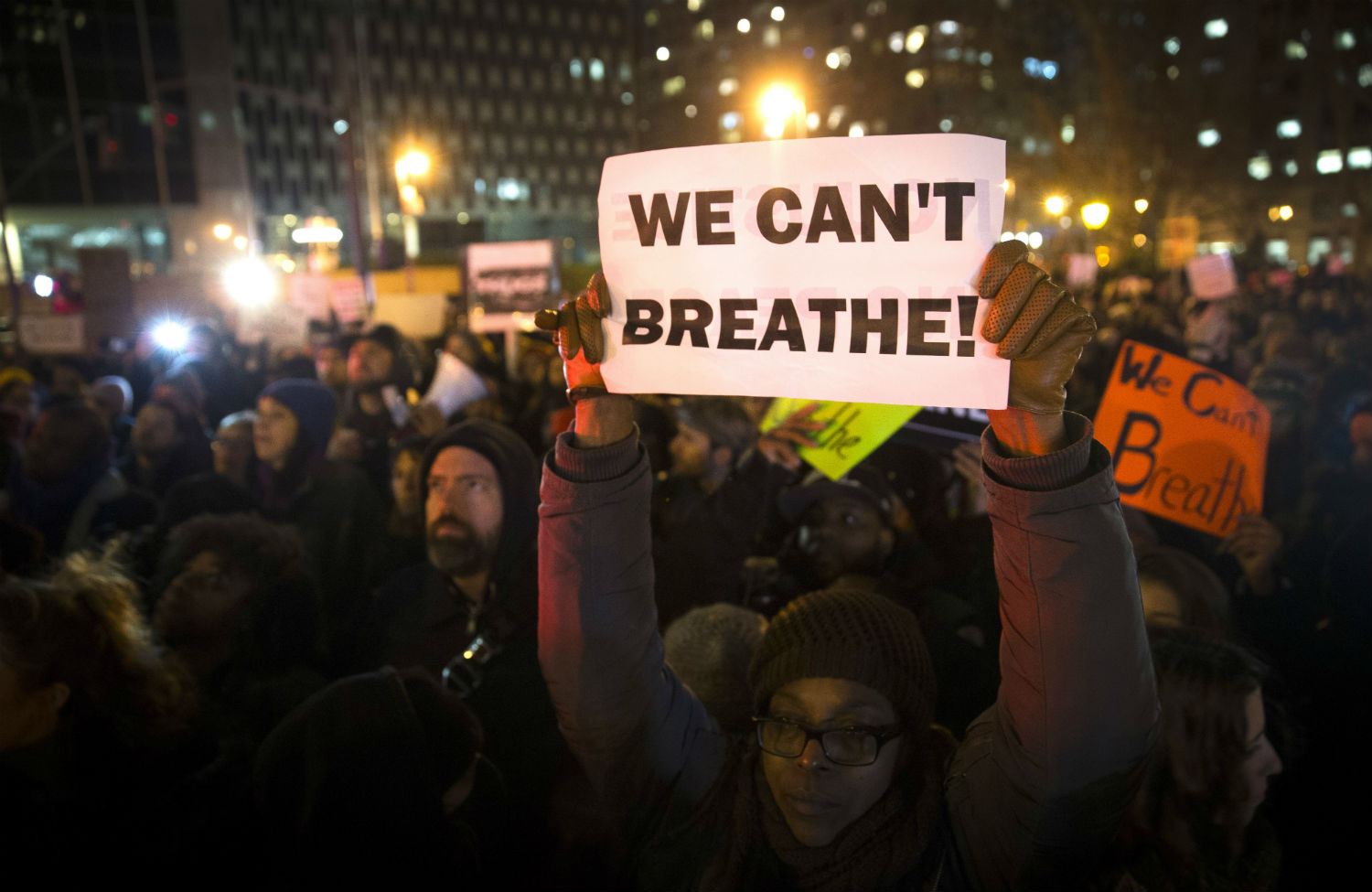
How Police Departments Can Mend the Rift With the Public How Police Departments Can Mend the Rift With the Public
Police must be taught that the power entrusted to them is not theirs to use or abuse as they see fit.
Jan 7, 2015 / Editorial / Frank Serpico
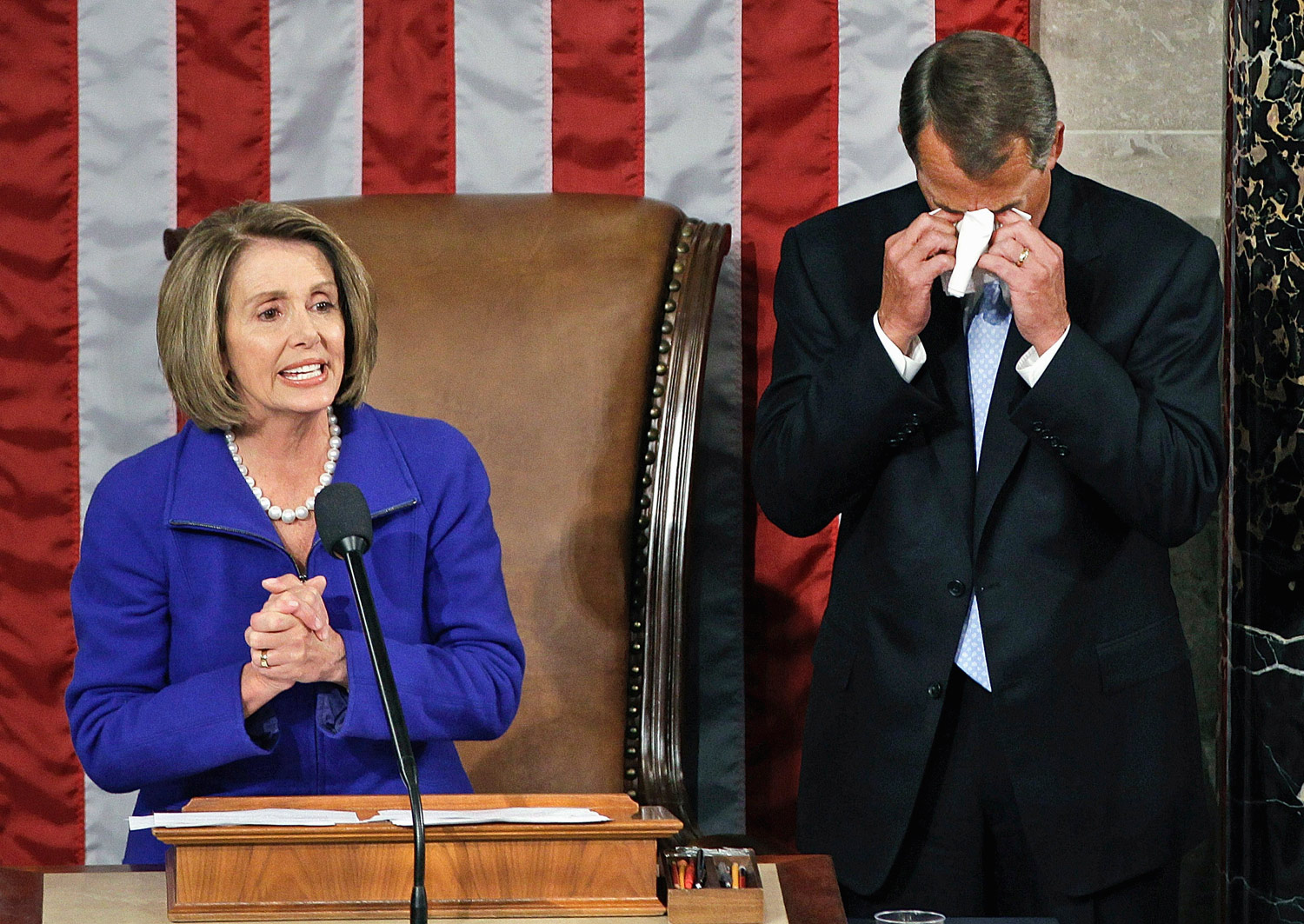
Farewell, Betsy & Judy Farewell, Betsy & Judy
With this issue, we bid a tearful farewell to two longtime Nation staffers: executive editor Betsy Reed and copy chief Judith Long. Betsy joined the magazine as an editor in 1998, and over the next sixteen years her editorial vision guided The Nation through some of its most tumultuous and challenging, grim and joyous moments. Under her deft guidance, many of The Nation’s best writers produced landmark journalism, from the much-loved columns by Naomi Klein, Katha Pollitt and Eric Alterman, to Jeremy Scahill’s groundbreaking investigations into Blackwater and covert ops, Chris Hayes’s insightful essays about Washington politics and beyond. Her editorial leadership on a slew of widely praised special issues (from the debate over torture to New Orleans after Hurricane Katrina and the more recent “Bloomberg’s Gilded City”) has been remarkable, and her craft as one of the finest editors of her generation has made her a beloved figure among the many writers whose words, ideas and arguments she has sharpened and improved. Betsy leaves us to helm the Intercept, where she joins Scahill, Glenn Greenwald and Laura Poitras. We will miss her terribly, but we are also terribly eager to read the journalism that will emerge there under her leadership. We will also miss the wise and sharp-eyed copy-editing talents of Judith Long, who is retiring after nearly thirty-five years at The Nation. Judy arrived at the magazine before we had computers, cellphones or even fax machines—the era, as she puts it, of “the monster Compugraphic, with tubs of poisonous chemicals,” which spit out the type that was pasted up on boards (which were then sent to the printer by mail). Each week, Judy—kind and gracious, with a quiet yet wicked sense of humor—made war against cant, jargon, bad syntax, clumsy repetition and typos. Judy was also, for some twenty-five years, the editor of our Letters page, which she handled with consummate and joyous skill. We praise her for her many years of dedication to the magazine, and for making it much better than it could ever have been without her keen eye and ear.
Jan 7, 2015 / Editorial / The Editors
Project Censored Honors Stephen F. Cohen Project Censored Honors Stephen F. Cohen
Project Censored, the media research, literacy and education organization established in 1976, is honoring Nation contributing editor Stephen F. Cohen for his articles on the crisis involving Ukraine and Russia, as well as the mainstream media’s hypocrisy in its coverage of the conflict. Cohen’s article “Distorting Russia: How the American Media Misrepresent Putin, Sochi and Ukraine” appeared in The Nation’s March 3, 2014, issue and will be included in the collection Censored 2015: Inspiring We the People.
Jan 7, 2015 / Editorial / The Editors
Steve Scalise’s Defense Steve Scalise’s Defense
He spoke before he knew that group preached hate. That’s human error—cause for mild rebuke. Although the leader’s name does ring a bell, It might have been some other David Duke.
Jan 7, 2015 / Column / Calvin Trillin

Breaking Taboos, BDS Gains Ground Among Academics Breaking Taboos, BDS Gains Ground Among Academics
The Boycott, Divestment and Sanctions movement has a long way to go, but recent endorsements show it’s getting somewhere.
Jan 7, 2015 / David Palumbo-Liu

America’s Workplaces Are Hostile to Families America’s Workplaces Are Hostile to Families
To fix social problems, we need to stop looking to marriage, and start creating more equitable public policy.
Jan 7, 2015 / Blog / Michelle Chen
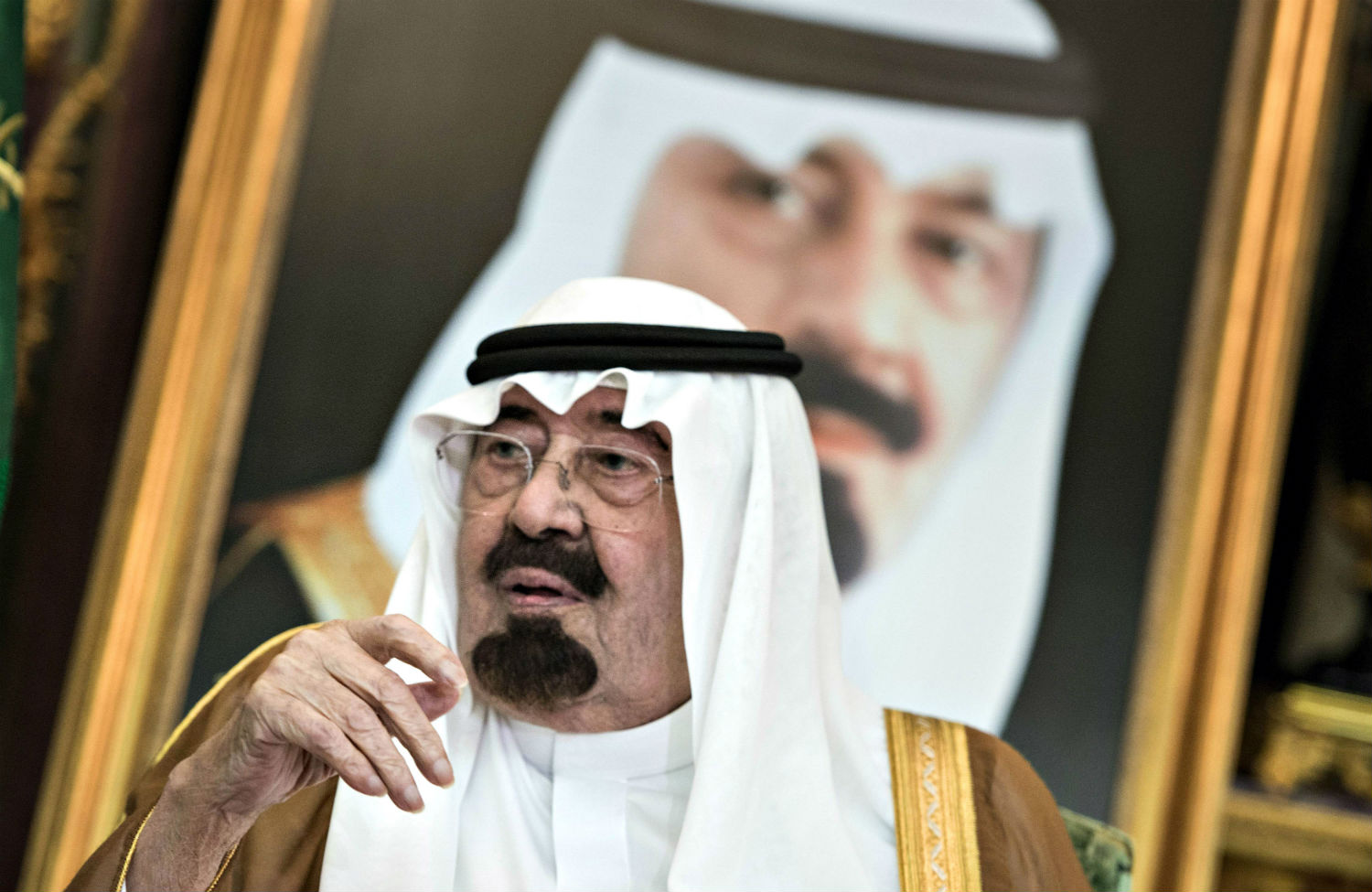
How Unstable Is the Saudi Petro-Kingdom? How Unstable Is the Saudi Petro-Kingdom?
From plummeting petroleum prices to political unrest, it has been decades since the fortunes of the kingdom were so much in doubt.
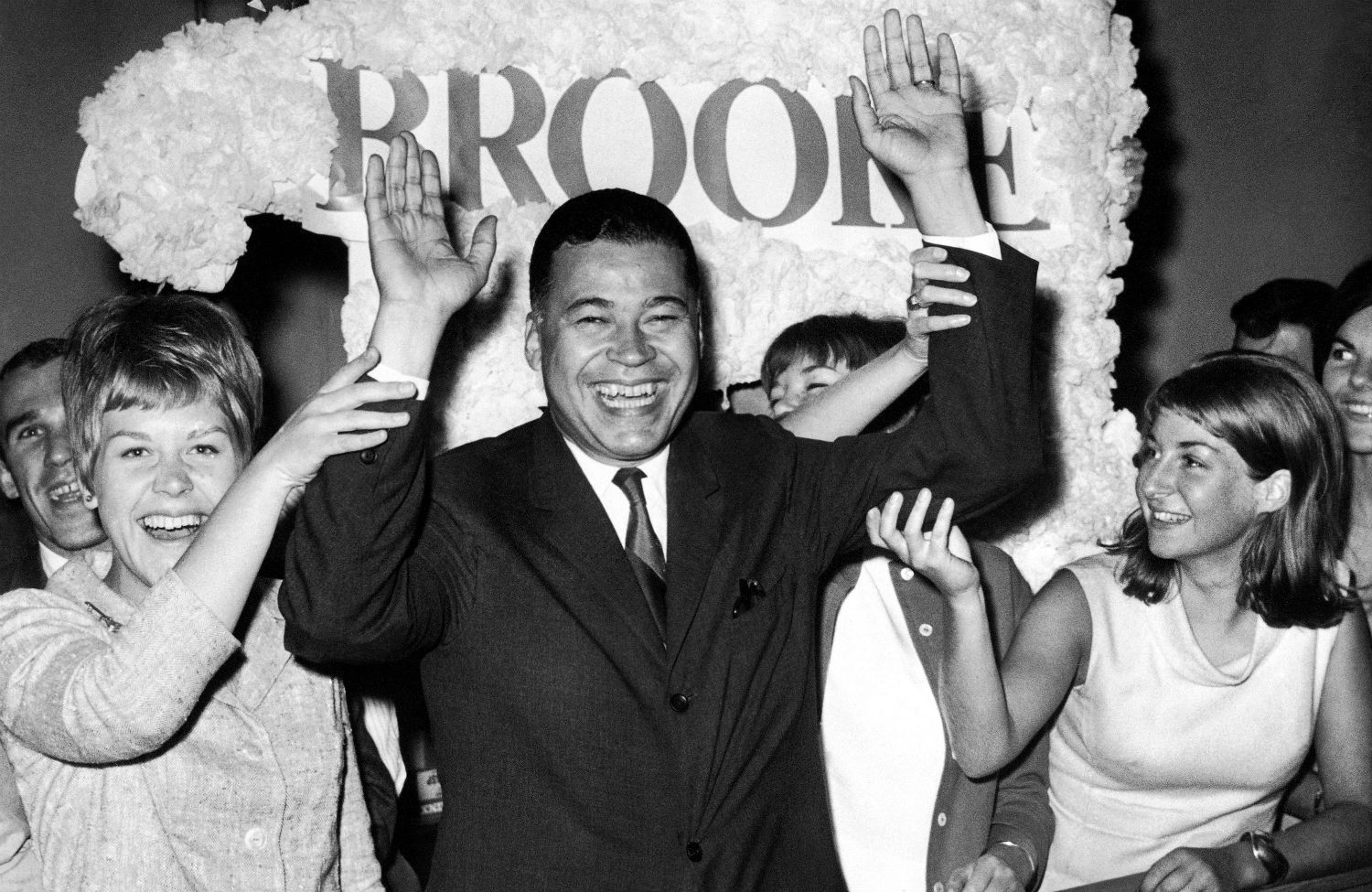
Edward Brooke and the Republican Party That Might Have Been Edward Brooke and the Republican Party That Might Have Been
The late senator, who was once considered a vice presidential prospect, tried to prevent the GOP’s lurch to the right.
Jan 7, 2015 / Blog / John Nichols
